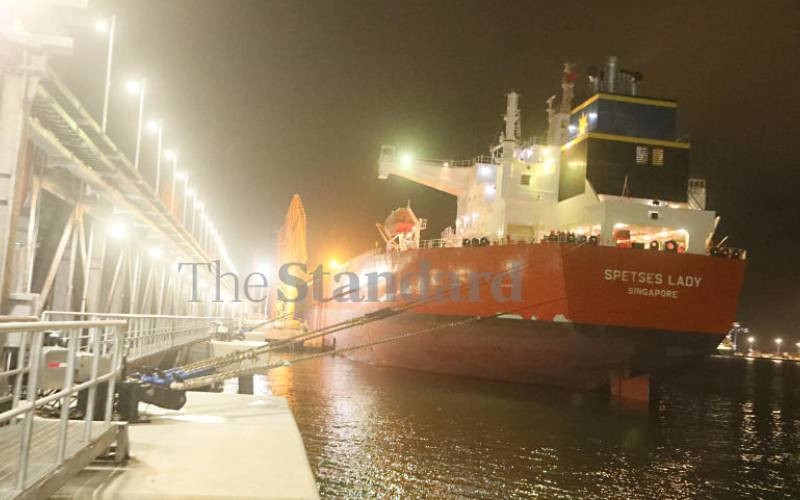×
The Standard e-Paper
Smart Minds Choose Us

Last week, I was privileged to witness President William Ruto preside over the Port Reforms Working Group Consultative Forum at the Berth 22 of Port of Mombasa.
In his speech, the President directly linked the productivity of our port to the state of our economy and therefore stated why improving efficiency will help us create jobs, boost export volumes and stimulate economic growth.